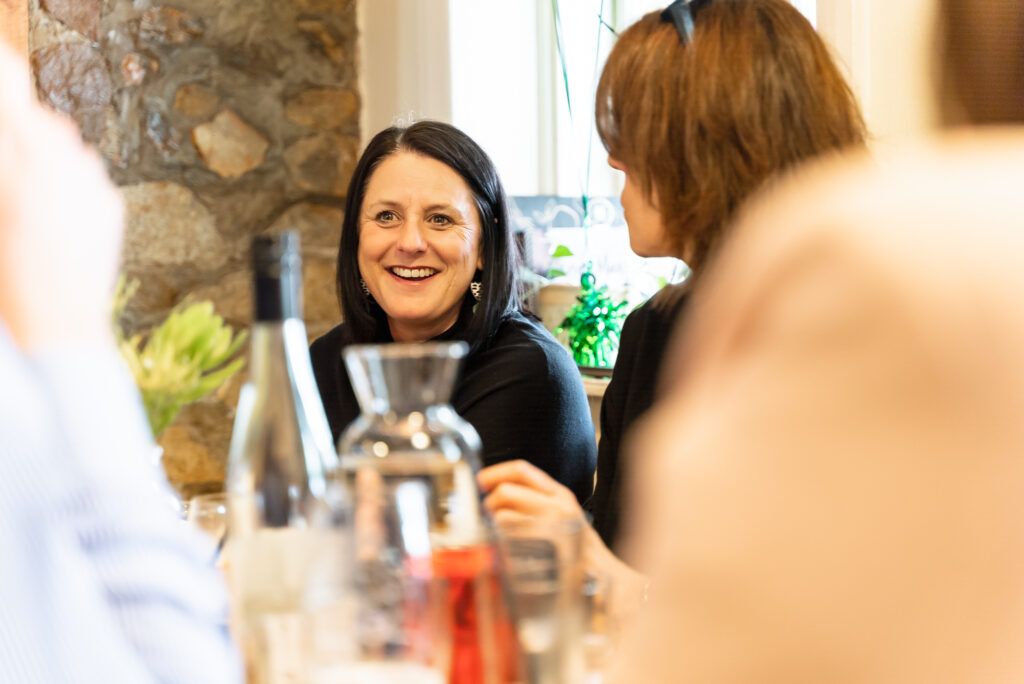How to invest in Adelaide Hills property to reach financial freedom
Investing in property has always been a way to grow your future nest egg and reach financial freedom. And with a good property management company advocating for you, owning an investment home can and should be a breeze.
You’re probably thinking: Where do I buy, what do I buy, how much do I want to spend and how it impacts your tax. Here’s some information to get you started on your real estate Adelaide Hills investment journey.
Owning investment properties
Where & what?
Consider recent sale prices in the area you’re thinking. This will give you an idea of what you can expect to pay for local properties. What’s the rental yield? Where is the expected growth? Don’t disregard the low vacancy rates. It might mean the area isn’t very desirable.
While house prices might be lower, you might have trouble renting it out or finding great tenants. Look for attractive features like a second bathroom, a lock-up garage or nearby schools. Think about how the property appeals to a wider range of demographics – singles, couples, families, and retirees.
Hot property suburbs in Adelaide Hills
Look for growth suburbs and areas where development is planned (or predicted). This means there’s greater potential for capital gains. Mount Barker has great value for money, lots of established homes and big blocks of land. It’s a town that keeps going from strength to strength. It’s the ‘gateway’ between the city and the Hills.
Balhannah has good block sizes and an easy connection to the freeway. Last, but certainly not least, there’s Strathalbyn. Picture great homes, big size allotments and the choice between the Hills or Fleurieu living. The best places to look for houses for sale in the Adelaide Hills change constantly – talk to us about suburbs to target in your search.
Deposit, equity & tax?
As you’re planning the numbers, keep in mind the associated costs of buying an investment property. They include stamp duty, conveyancing fees, legal costs, search fees, and building reports. You’re also responsible for ongoing costs – council and water rates, insurance, body corporate fees and land tax plus repairs and maintenance. If your investment is positively geared, expect to pay tax on your rental income.
Once you have a property in mind, work out the expected income, and the any regular expenses. Of course, there will be a figure leftover but you can work on covering that long-term. Also, if your house is vacant, make sure you can cover all expenses.
While you can manage the property yourself, if you purchased it to make money (and you’re busy with your own house, job and family), it’s best left to the experts – not only to save you time but to make sure your investment is performing the best.
A great property can generate income, capital growth, create tax deductions and give you a physical asset. Best of all, you don’t need specialist knowledge to invest in property.
For more information about the best suburbs to buy in the Adelaide Hills, contact our local real estate agents.
